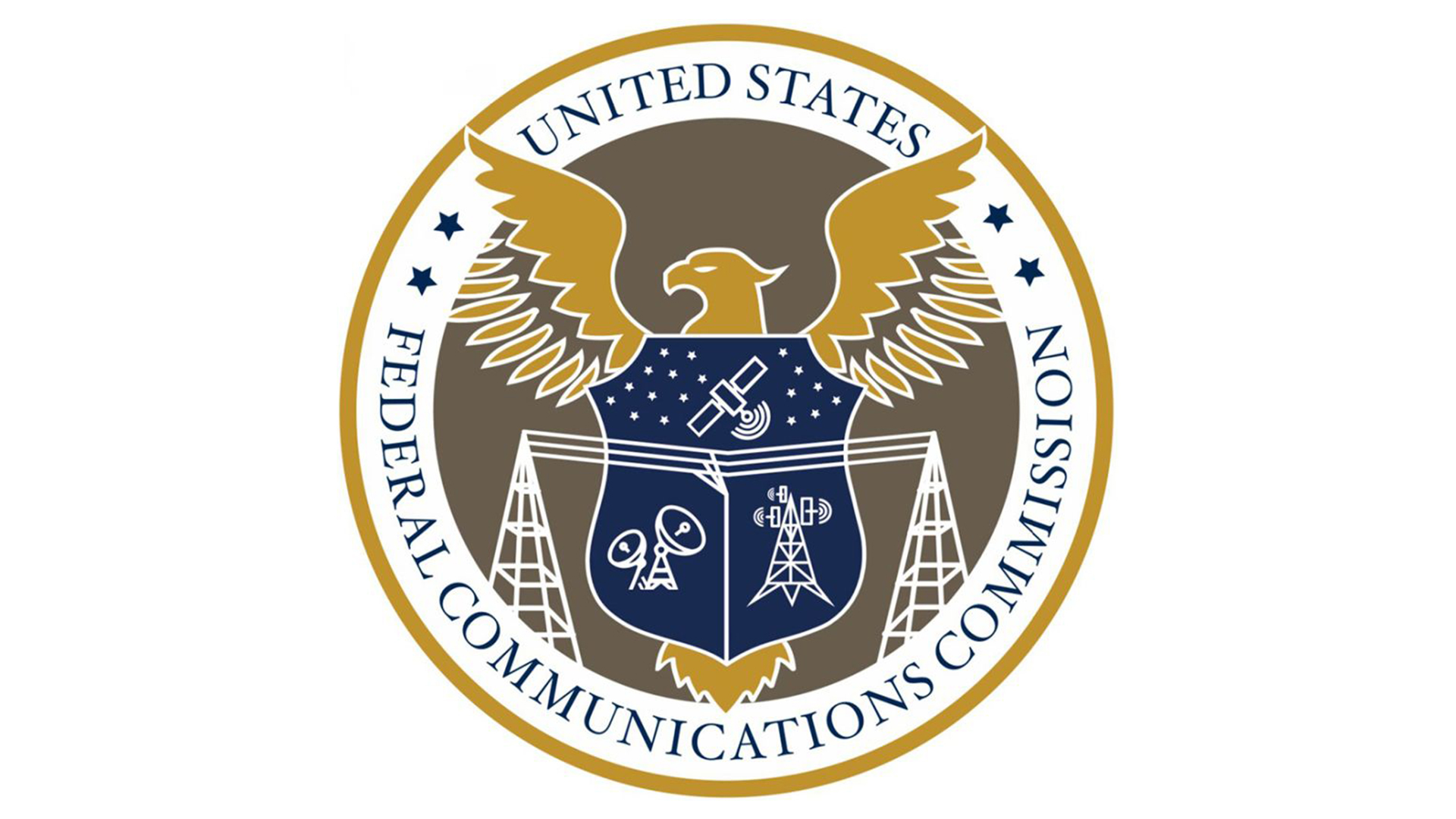FCC Gets Federal Direction on Handling Bogus, Mass Comments
Free State's May also has input on avoiding net neutrality-like comment war

The smarter way to stay on top of the multichannel video marketplace. Sign up below.
You are now subscribed
Your newsletter sign-up was successful
The Administrative Conference of the U.S. (ASUC)* has recommended federal agencies take a number of steps to address the issues of mass computer generated and falsely attributed comments.
Free State Foundation President Randolph May, who is a member of the conference, also had some advice in a separate statement.
Both the recommendations and statement were published in the Federal Register.
Mass, duplicative and falsely attributed comments were all big issues in the FCC's last public comment docket on proposed changes to net neutrality rules, something May pointed out in his comments.
ACUS describes itself as "an independent federal agency charged with convening expert representatives from the public and private sectors to recommend improvements to administrative process and procedure."
In this case, it is recommending that agencies like the FCC, who must give members of the public the opportunity to weigh in on proposed rules for the agency's consideration, find better ways to manage what can be a flood of comments in the digital age.
"Not all agencies will encounter mass, computer-generated, or falsely attributed comments. But some agencies have confronted all three, sometimes in the same rulemaking," ACUS said, and could have been talking about the FCC net neutrality comment docket.
The smarter way to stay on top of the multichannel video marketplace. Sign up below.
Among the recommendations are for agencies to 1) "welcome" the filing of mass, "identical or substantively identical," comments as a single comment over multiple signatures; and 2) "consider alternative approaches to managing the display of comments online, such as by posting only a single representative example of identical comments in the online rulemaking docket or by breaking out and posting only non-identical content in the docket," to make it easier to navigate the system.
But if an agency does do that, it should include the multiple comments in any reported total of comments received.
Also Read: FBI Investigating FCC Docket
When it comes to falsely attributed comments, ACUS suggests that agencies should give those to whom the comments have been falsely attributed a chance to have those comments anonymized or removed from the online docket. It should also note in the docket what actions it has taken.
ACUS did not say the FCC can't take into account falsely attributed comments when making a decision, but says it should note any such comments it relied on. Beyond that, it said the FCC should inform the public generally about its policies concerning posting and use of mass generated and falsely attributed comments.
In his comments, Randolph May said he hoped that ACUS would next tackle the issue of the appropriateness of curbing the kind of mass computer-generated filings that turned the net neutrality docket into a a comment "nuclear" option that deluged the FCC with 22 million comments that overwhelmed the system and "often rendered the ability to search for comments that might possibly contain relevant data and information well-nigh impossible."
May said he recognized the value of widespread participation by interested parties, but that there ought to be a way to discourage the kind of comment war that erupted in the FCC's net neutrality docket.
He also pointed out that the comment war suggested both sides thought that the volume of comment should influence the outcome. As an independent agency, the FCC is charged with making its decisions in the public interest using its expert judgment, not based on how many people are prompted or able to comment on either side.
Contributing editor John Eggerton has been an editor and/or writer on media regulation, legislation and policy for over four decades, including covering the FCC, FTC, Congress, the major media trade associations, and the federal courts. In addition to Multichannel News and Broadcasting + Cable, his work has appeared in Radio World, TV Technology, TV Fax, This Week in Consumer Electronics, Variety and the Encyclopedia Britannica.

